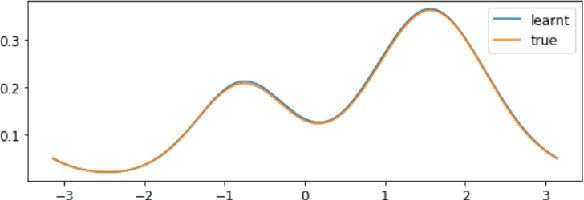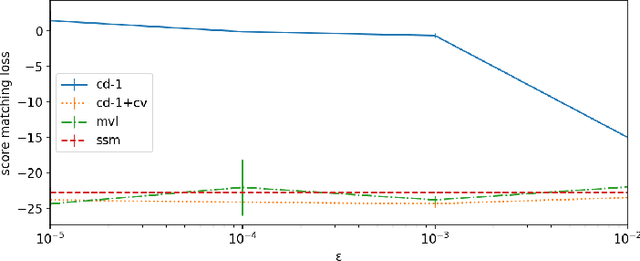Yueru Li
Spectral Representation Learning for Conditional Moment Models
Oct 29, 2022



Abstract:Many problems in causal inference and economics can be formulated in the framework of conditional moment models, which characterize the target function through a collection of conditional moment restrictions. For nonparametric conditional moment models, efficient estimation has always relied on preimposed conditions on various measures of ill-posedness of the hypothesis space, which are hard to validate when flexible models are used. In this work, we address this issue by proposing a procedure that automatically learns representations with controlled measures of ill-posedness. Our method approximates a linear representation defined by the spectral decomposition of a conditional expectation operator, which can be used for kernelized estimators and is known to facilitate minimax optimal estimation in certain settings. We show this representation can be efficiently estimated from data, and establish L2 consistency for the resulting estimator. We evaluate the proposed method on proximal causal inference tasks, exhibiting promising performance on high-dimensional, semi-synthetic data.
A Wasserstein Minimum Velocity Approach to Learning Unnormalized Models
Feb 18, 2020



Abstract:Score matching provides an effective approach to learning flexible unnormalized models, but its scalability is limited by the need to evaluate a second-order derivative. In this paper, we present a scalable approximation to a general family of learning objectives including score matching, by observing a new connection between these objectives and Wasserstein gradient flows. We present applications with promise in learning neural density estimators on manifolds, and training implicit variational and Wasserstein auto-encoders with a manifold-valued prior.
 Add to Chrome
Add to Chrome Add to Firefox
Add to Firefox Add to Edge
Add to Edge